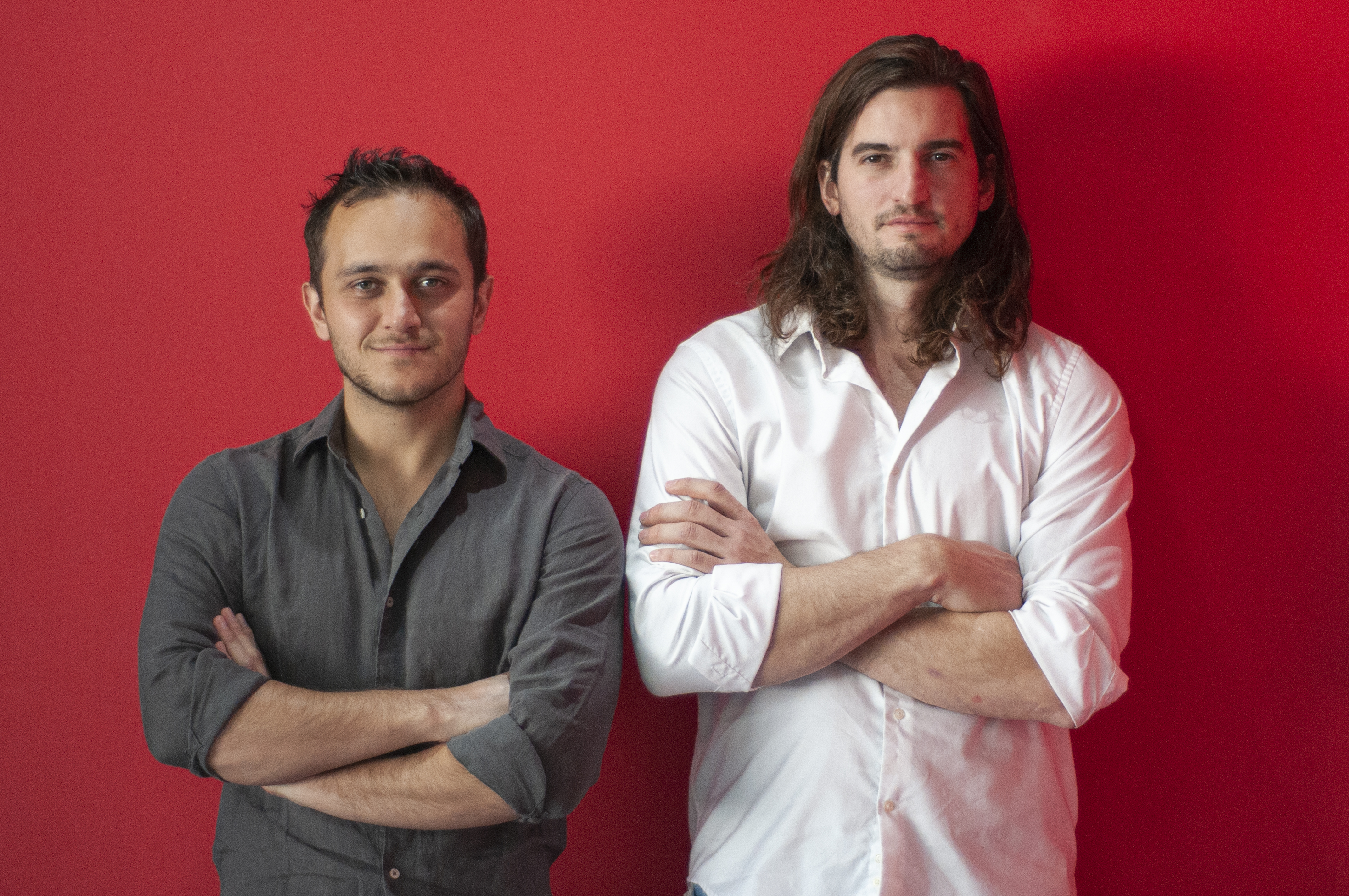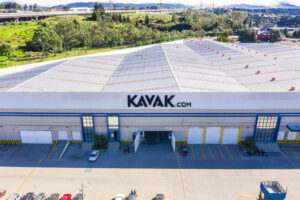
Por Paola Villarreal
January 25, 2022
Monterrey-based startup Parrot raised a Series A financing round for US$9.5 million led by F Prime Capital. With this capital, the company will seek to expand the presence of its ParrotConnect platform in Mexico.
The company centralizes restaurant operations for much more streamlined management. In other words, Parrot is a software as a service (SaaS) company that makes restaurant online orders, menus, kitchen management, payments, and even operation and finance reports available and managed on a single platform.
Parrot’s founders are Roberto Cebrián and David Villarreal. They began operating in 2021 with 10 employees, and in less than a year they already have a workforce of 60 people. They now have a presence in Monterrey, Mexico City, and the Riviera Maya.
The opportunity to benefit the restaurant sector is enormous. According to figures from the National Chamber of the Restaurant and Seasoned Food Industry (Canirac), more than 90,000 restaurants in Mexico have closed since the pandemic began. These closures were largely due to sanitary restrictions.
It is a sector that generates more than 1.5 million direct jobs, not to mention its effect on 83% of the branches of economic activity. This translates into a contribution of 1.3% to the national GDP.
We talked to Cebrián and Villarreal about what this fundraising means for Parrot, what their experience has been like in the Y Combinator acceleration program, and what they’re offering to the restaurant sector.
CONTXTO (C): Where did the idea of Parrot as a SaaS for restaurants come from?
Roberto Cebrián (RC): The idea started with a company I had a long time ago, which was very similar but with a different concept. It was called S3 Software, but there was not so much venture capital offer at that time. I began to realize that the needs of restaurants were almost 100% focused on digitizing in order to grow. Seeing the wave of capital raising in the United States, it clicked for me; I knew it would eventually reach Mexico.
I had known David since high school but we weren’t working together at the time. Eventually he moved to Mexico City. I was working for Grin Scooters back then but realized I needed his tech-savvy mind and VC knowledge. I insisted until he formed Parrot with me.
David Villarreal (DV): Restaurants were greatly affected by the pandemic and it’s no coincidence that Parrot was born in that circumstance. We began to identify trends and realized that nothing would be the same as before and that it was time to work on the future of the restaurant industry.
C: What has your process been like as entrepreneurs from your first investment with Y Combinator to your recent Series A?
RC: The truth is that raising capital is an achievement, but in the end the story does not end there. It is a milestone that you meet as a company, but entrepreneurs must think about the great responsibility that it is to obtain it, and plan their next steps. How are you going to take advantage of that capital? There is a lot of commotion in the figures, but the important thing is what each startup does with these investments.
DV: Having been in YC gave us a lot as entrepreneurs. Our profiles are complementary on the commercial and technological side, and the people who are there realize the potential and the ideas of the teams. Without a doubt, it was a great opportunity. The recognition of being with companies from all over the world generates a lot of visibility in the ecosystem. We are very lucky.
C: What are the plans for Parrot with the funds received in Series A?
DV: We are going to be very focused on the product; there is much more to be created due to the needs of the restaurants that we continue to analyze. We want to focus a lot on the issue of payments and open our services to more types of restaurants. Therefore, a large part of the investment will go to hiring more developers.
The second part of the investment will go to expansion within Mexico. It is a huge market in which there are half a million restaurants, and we want to cover the needs of those businesses. We will think of international expansion in the long term. We would first enter Colombia because there are many similarities there based on what we are building. Then we would think about Brazil. Both are big markets that we have in our sights.
C: What is the great differentiator of Parrot?
DV: Restaurants have many tools that they use at the same time for different services. What we do is provide them with everything they need in one place; they can forget about having five different tools. At Parrot, everything is integrated, which can save time in processes and customer service.
C: By what percentage does Parrot’s service reduce operating error margins for restaurants?
RC: From 10% to 15% both in capture and in other details that restaurants may have. A lot of operational efficiencies is making sure the food gets to the end-user safely.
También te puede interesar: La española Katoo llega a Latam para atender a restaurantes y sus proveedores

Por Yanin Alfaro
February 17, 2026

Por Israel Pantaleón
February 17, 2026

Por Stiven Cartagena
February 13, 2026